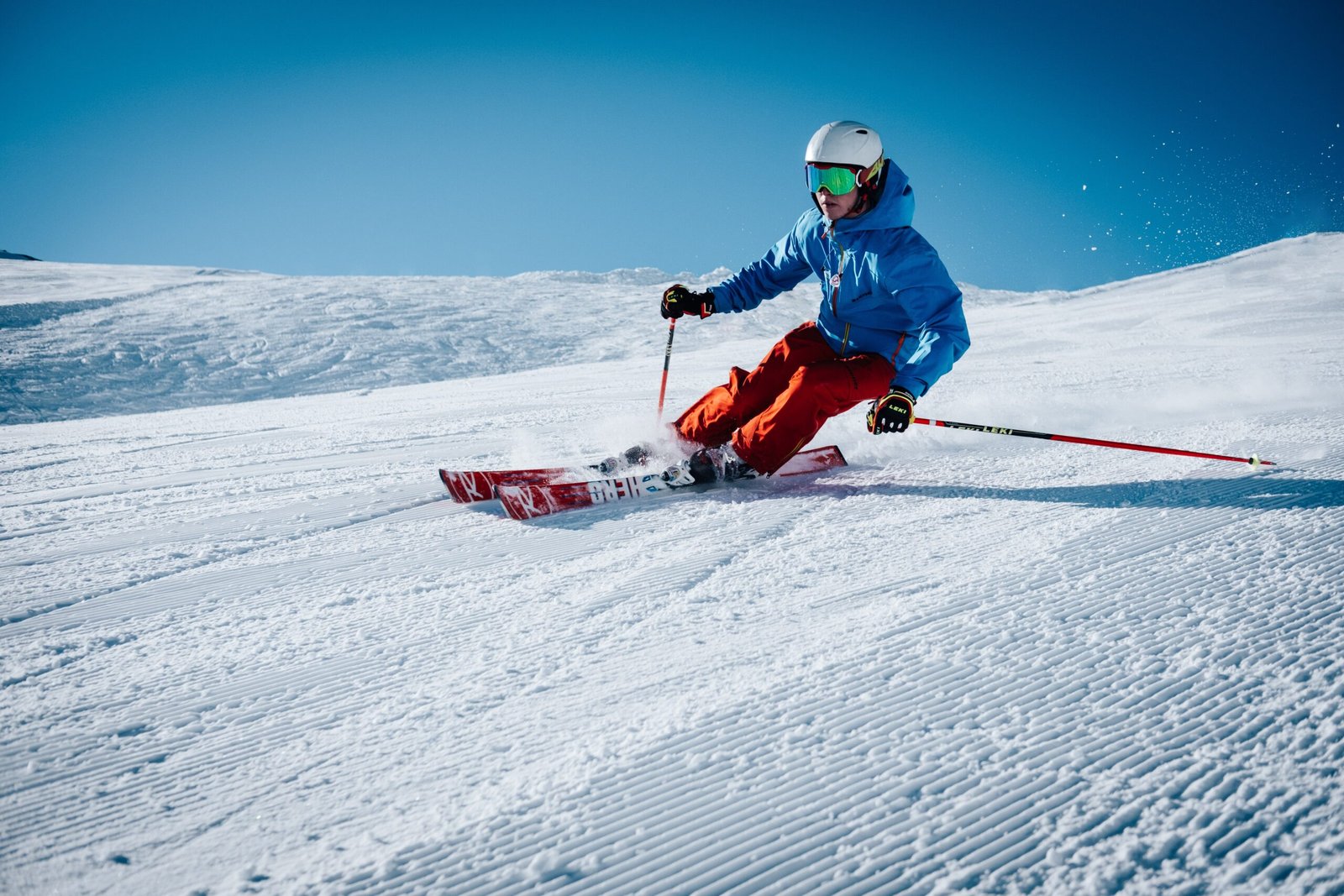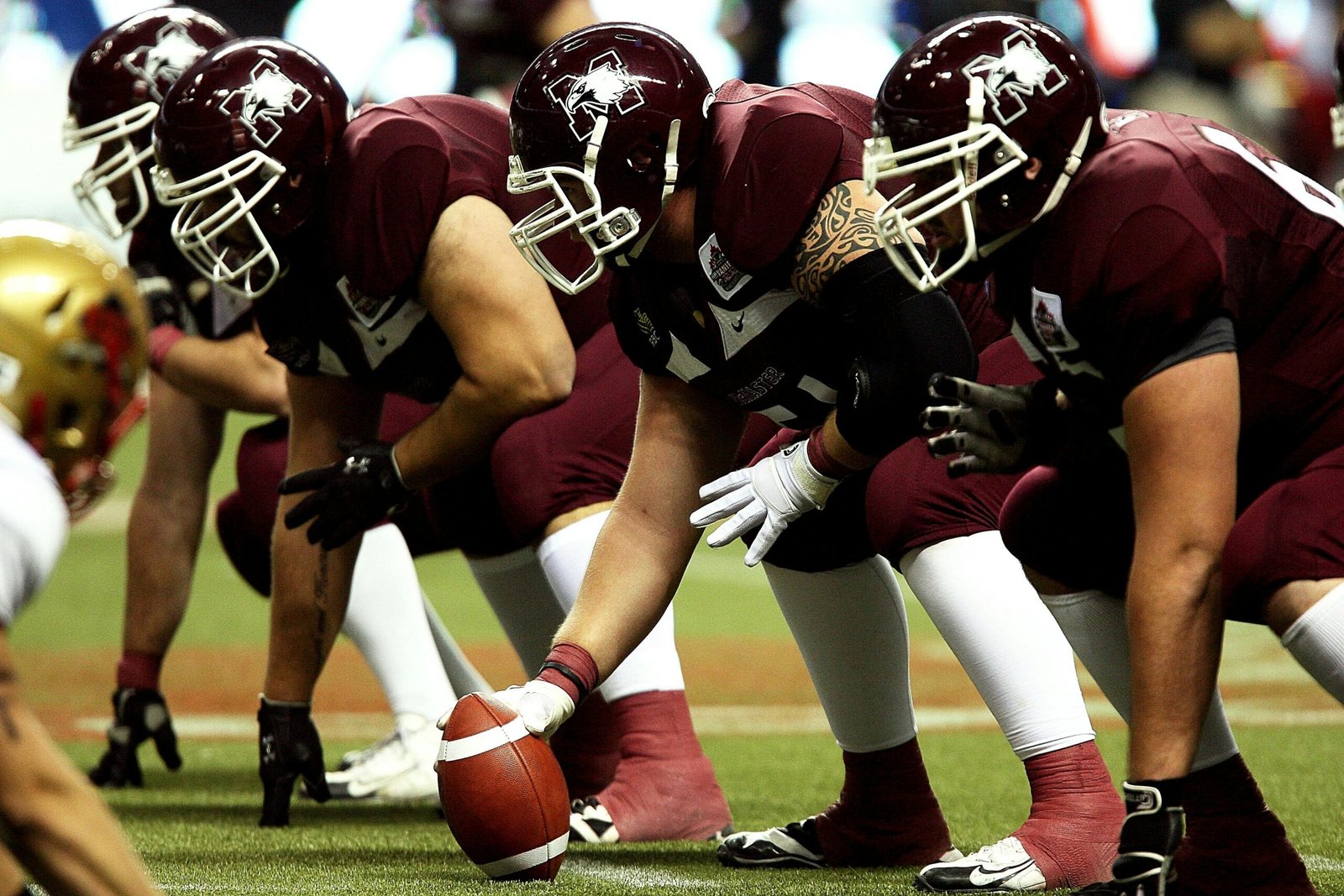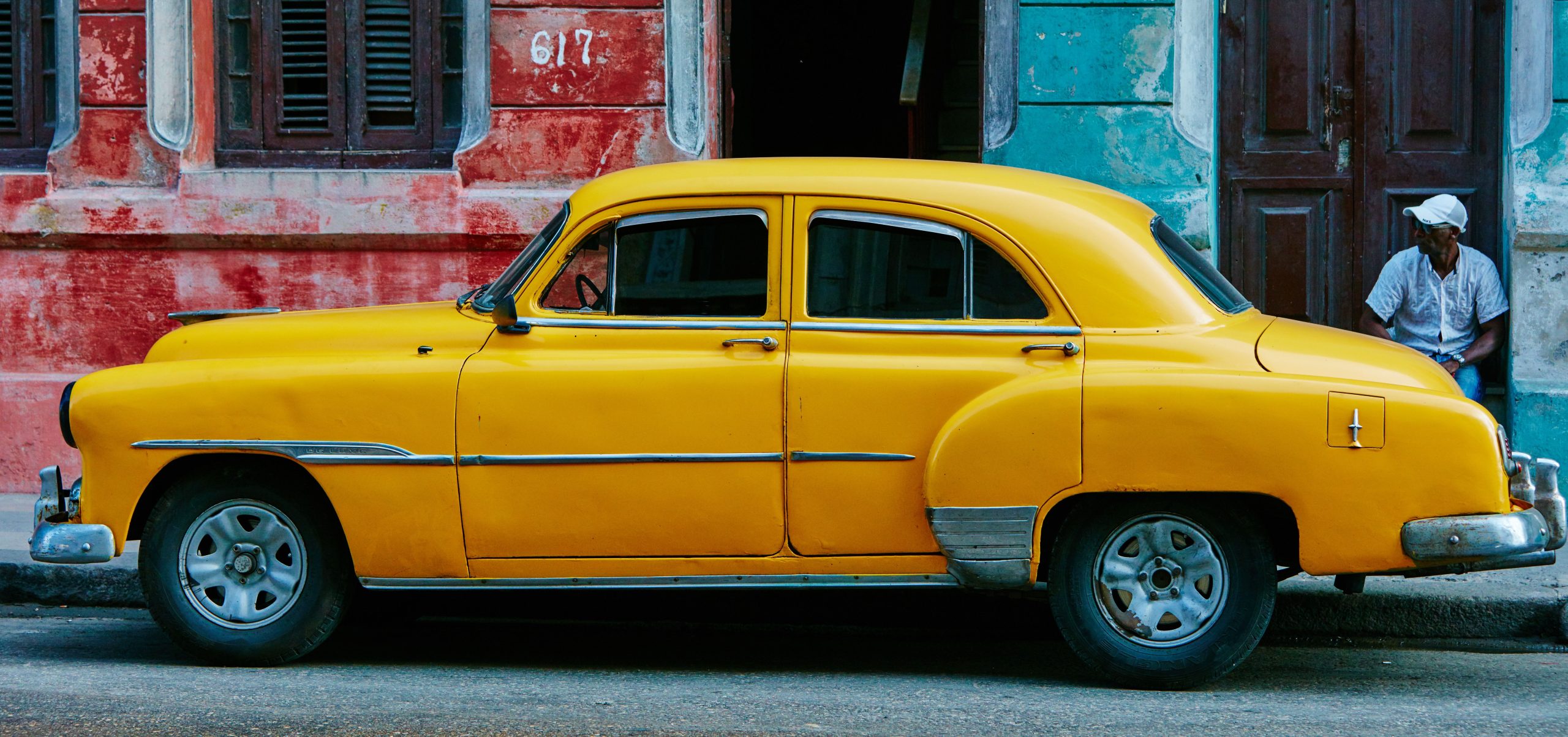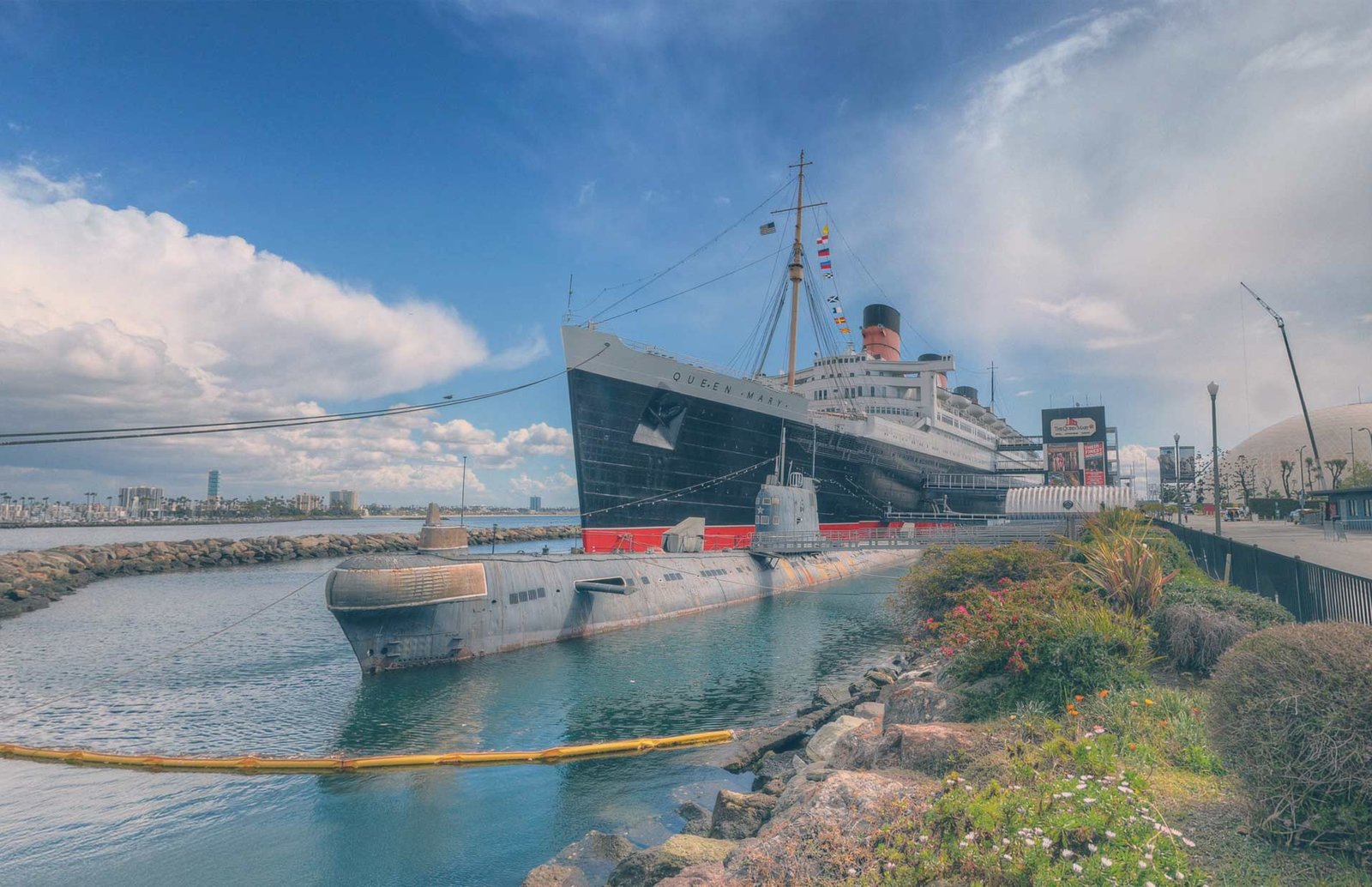Car camping offers a unique blend of outdoor adventure and convenience, making it an increasingly popular choice for nature enthusiasts and families alike.
Unlike backpacking or wilderness camping, car camping allows you to bring along more gear and amenities, creating a comfortable base camp from which to explore the great outdoors. With any kind of travel adventure, planning and preparing ahead can help ensure an enjoyable experience.
Choosing the Right Destination
Selecting the ideal camping location is the first step in planning your car camping trip. Consider factors such as how close it is to home and your comfort level the further away you go, terrain, amenities, and weather conditions. For example, if you’re located in a coastal region, you might opt for a beachside campground with access to swimming and water activities. Alternatively, if you prefer mountainous terrain, look for campgrounds near hiking trails and scenic vistas.
Research potential camping spots online and read reviews from other campers to gauge the suitability of each location. Many campgrounds require reservations, especially during peak seasons, so be sure to book your site in advance to secure your spot.
Packing Essentials
Proper packing is essential for a successful car camping trip. Create a checklist of essential camping gear, including shelter, sleeping essentials, cooking equipment, clothing, and personal items. This could include a tent or hammock for shelter, sleeping bags and pads for a comfortable night’s sleep, and a camp stove for cooking meals.
In addition to general camping gear, consider items that add convenience to your car camping experience. Folding chairs and a table create a comfortable outdoor living space, while a cooler keeps food and beverages fresh throughout your trip. Don’t forget to pack lanterns or portable lights for nighttime illumination, as well as a portable power source for charging devices.
Meal Planning and Preparation
Planning and preparing meals ahead of time is key to enjoying delicious and hassle-free dining during your car camping trip. Choose easy-to-cook recipes that require minimal ingredients and preparation time. For example, one-pot meals like chili or pasta are convenient options that satisfy hunger and minimize cleanup.
Pack food supplies strategically to maximize freshness and minimize waste. Non-perishable items such as canned goods, pasta, and rice are ideal for car camping trips, as they require no refrigeration. Properly store perishable items in a cooler with ice packs to prevent spoilage and ensure food safety throughout your journey.
When cooking at your campsite, practice proper food handling and storage techniques to avoid attracting wildlife. Some people might tie up their food in a tree, but a bear canister is another option to keep away critters and animals. Some National Parks require campers to have one, so be sure to check before going. Keep a clean campsite and dispose of food waste properly to minimize environmental impact.
Safety and Leave No Trace Principles
Safety should always be a top priority when camping, whether in a remote wilderness area or a designated campground. Familiarize yourself with basic safety guidelines, including campfire safety, wildlife awareness, and emergency preparedness. For example, always fully extinguish campfires before leaving your campsite and store food securely to prevent unwanted animal encounters.
Additionally, adhere to Leave No Trace principles to minimize your environmental impact while camping. Pack out all trash and waste, avoid damaging vegetation, and respect wildlife and natural habitats. Leave your campsite cleaner than you found it to preserve the beauty of nature for future generations.
Entertainment and Recreation
While the natural beauty of your surroundings is often entertainment enough, planning recreational activities can enhance your car camping experience. Research nearby hiking trails, swimming holes, or fishing spots to explore during your trip. Bring along recreational gear such as bikes, kayaks, or fishing equipment to enjoy outdoor activities with friends and family.
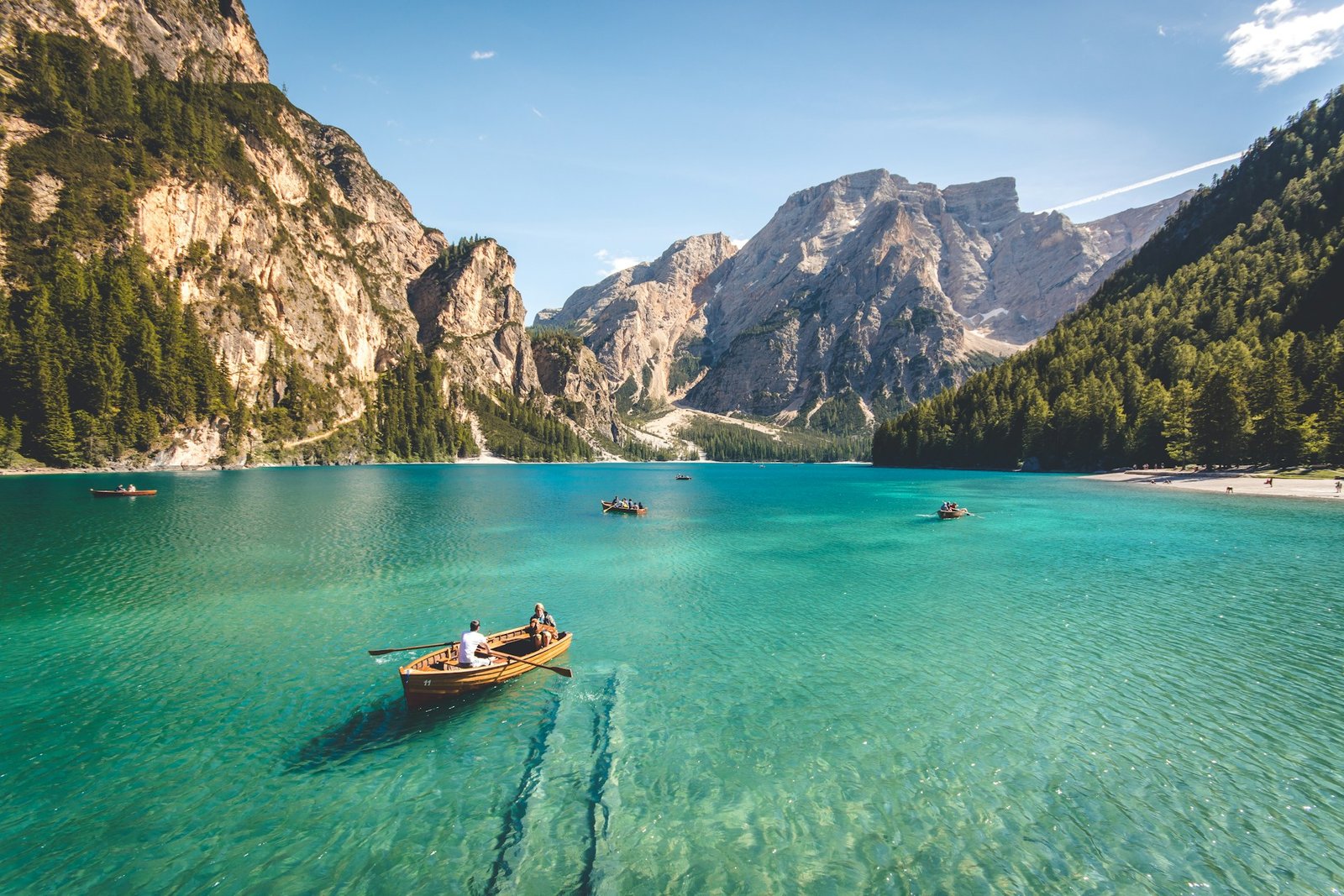
In addition to outdoor pursuits, don’t forget to pack entertainment options for downtime at your campsite. Board games, card games, and books provide opportunities for relaxation and bonding with your camping companions. Binoculars are also handy for wildlife viewing and birdwatching.
Emergency Preparedness
Emergency preparedness is paramount for a safe and successful car camping trip. A Vancouver car accident attorney relayed that it’s always a good idea to pack a roadside emergency kit with essentials such as a flashlight, jumper cables, first aid supplies, blankets, and non-perishable food and water in case of unexpected situations or accidents.
Learning how to change a flat tire or jump-start a dead battery is a good idea, especially if you’ll be on roads less populated. Reliable communication tools, such as a fully charged mobile phone or a two-way radio like a 50 watt GMRS radio, enable you to call for assistance if needed.
Share your itinerary with trusted contacts keeps others informed of your whereabouts including information of who to call if you don’t contact them by a certain time. This will ensure that authorities are alert that you could be in danger and your possible last whereabouts.
Enjoying the Experience
With careful planning and preparation, you’re now ready to enjoy the perfect car camping trip. Embrace the simplicity and beauty of nature, and take advantage of the opportunity to disconnect from technology and reconnect with the outdoors. Make memories with friends and family as you explore new destinations, try new activities, and enjoy the freedom of life on the road.


